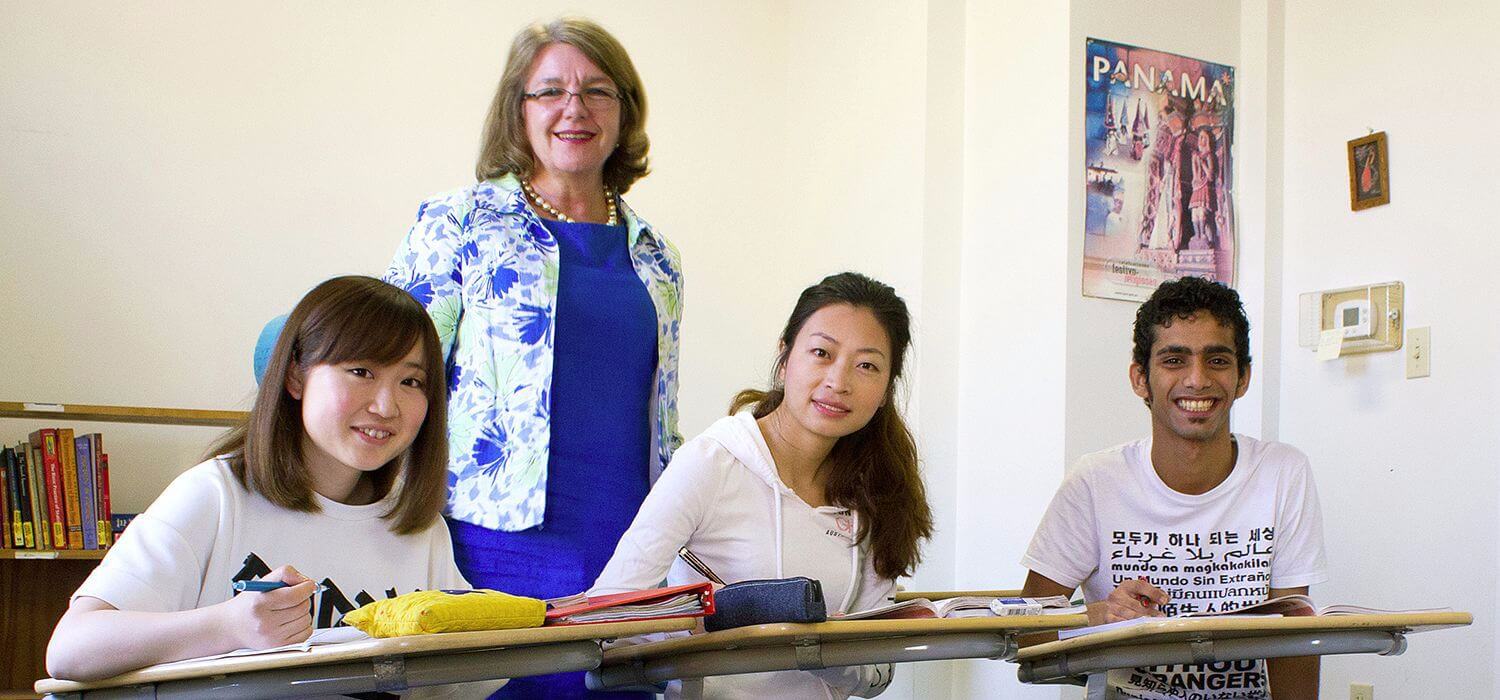Why study Teaching English as a Second Language at MC?
Teaching English as a Second Language: A major that emphasizes the integrated study of linguistics, second language acquisition, the psychology of language development with the pedagogical skills required to teach English as a second language in the pre-kindergarten through twelfth grade setting.
Majors in this area of study also acquire a minor in a foreign language.
Meet a Current Scot Recent Grad

Arieal Burton ’17
CURRENTLY: ESL teacher at Metro Nashville Public Schools
Arieal is working as a full-time ESL teacher, assisting with all levels of need and more than five languages. Her job consists of many moving parts; however, the main ones include: data-driven personalized instruction, fortifying output skills (speaking and writing), and co-teaching with general education teachers to ensure every English learner is getting quality lessons.
“Maryville College prepared me for so many parts of teaching, but the strongest takeaways I hold on to are: lean on your network and mentors, and find a way to make teaching uniquely yours,” she said. “My classroom is a place of joy, high expectations and productive struggle – it’s a place where we hold each other accountable and recognize that together, we are capable of more than we know.”
